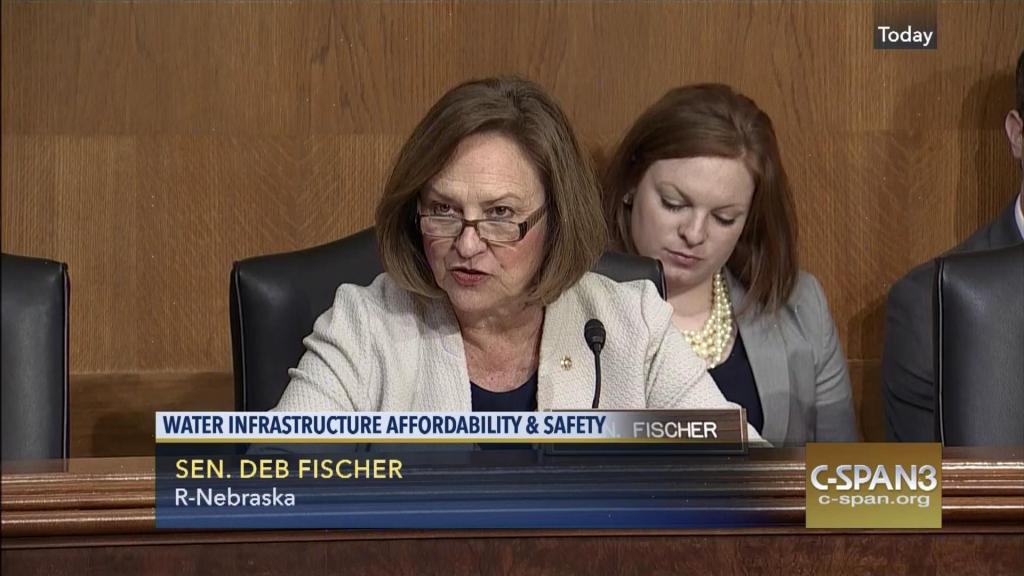President Donald J. Trump signed the bipartisan legislation, the Water Infrastructure Improvement Act, championed by U.S. Senator Deb Fischer (R-Neb.) into law. The bill helps protect drinking water by enabling communities to prioritize water infrastructure projects with integrated planning approaches that best address the needs of ratepayers.
Senator Fischer released the following statement:
“Everyone wants safe and clean water. That’s why we were able to build consensus and bring this bipartisan, bicameral measure over the finish line. Now communities like Omaha will have more flexibility to update water infrastructure and protect drinking water in a more effective and affordable manner.”
Many municipalities, counties, and local communities face challenges to address costly Clean Water Act requirements to update their stormwater and wastewater systems. Oftentimes, ratepayers are forced to pay higher utility bills to meet the expensive compliance costs. The U.S. Conference of Mayors found, on average, municipalities spend between six to seven cents of every tax dollar on water and sewer systems. This makes water infrastructure the third-largest expense for cities, after education and emergency personnel.
The Water Infrastructure Improvement Act:
- Provides communities with flexibility to prioritize investments in wastewater and stormwater projects needed for Clean Water Act compliance.
- Establishes an Office of Municipal Ombudsman at the EPA to assist cities in complying with federal environmental laws.
- Compels the EPA to promote the option of “green infrastructure,” which allows communities to use natural processes to infiltrate or reuse storm water runoff beneficially on-site where it is generated.
- The National Association of Clean Water Agencies, the U.S. Conference of Mayors, the National Association of Counties, and the National League of Cities support this legislation.
Click here to read the text of the Water Infrastructure Improvement Act.

